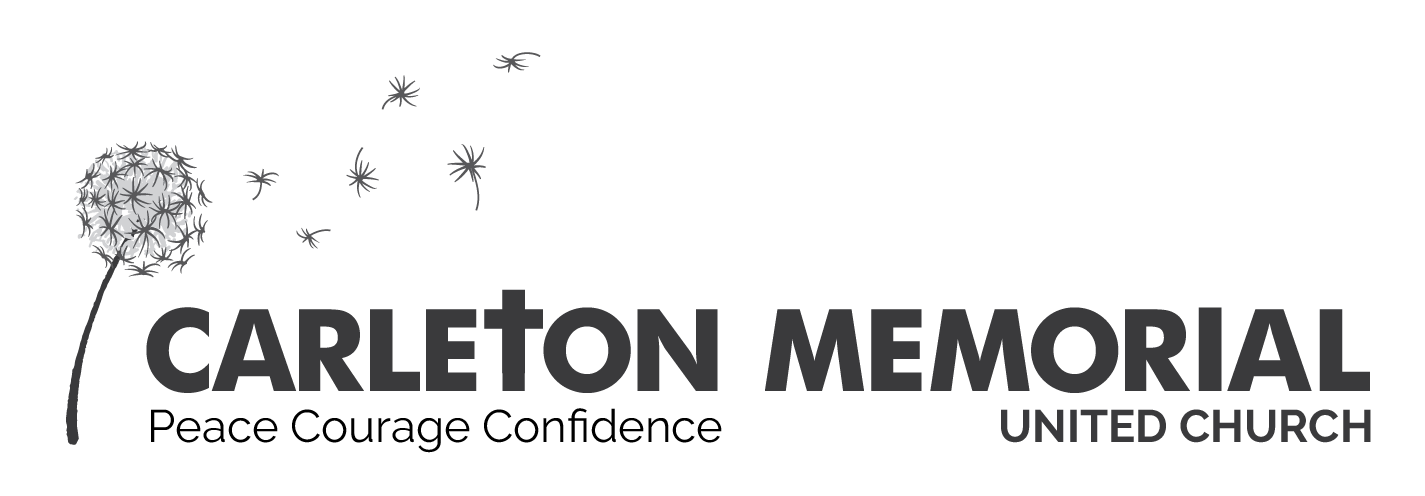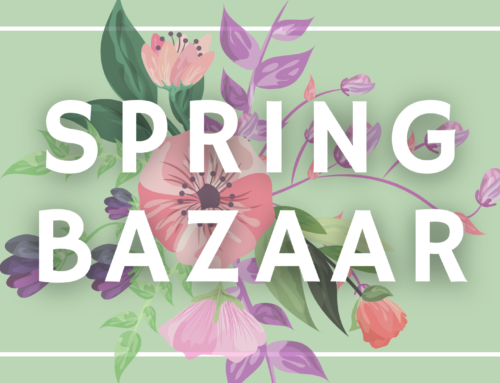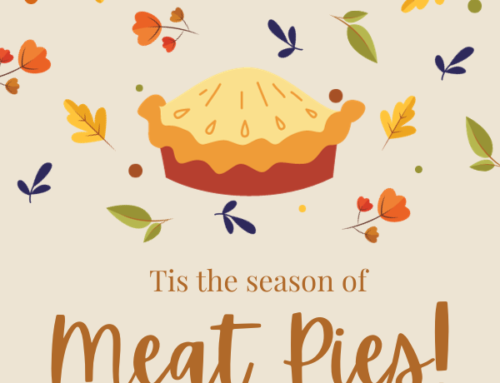This Sunday is World Wide Communion Sunday. Most people in our world won’t really care. But many will.
I admire these people because caring about communion is about plucking up courage to not fear seeing things as they are and not being too ashamed to try again.
I have a confession to make. I have never really cared for formal church liturgy. I like to tell myself that this is because I have a deep commitment to a church that is open and progressive. So along with that openness and progressiveness comes an interest in new and different forms of expression. While that is true in of itself, it’s not the real reason I don’t care for liturgy.
Truthfully, I have shied away from delving too deep into any form of church liturgy.
A good part of the reason, I think, is ego. I look at my colleagues, those who sing or play music or write or paint or do so many other artistic things that are well beyond my grasp, and I am left feeling somewhat inadequate. So to be honest, I think the issue I am having is not with liturgy so much, but the low feelings that I have that come along with it.
It is only recently, that I have begun to feel otherwise — and even then with some hesitancy. Call it a mid-life re-organization (I hesitate to call it a crisis because it’s not – I hope — haha).
On one hand, the feelings I have are certainly mine to own and frankly they represent minor issues that I should just get over. But they linger also because they represent a deeper unrest in the church that resonates with me as a pastor. We are, I think, sometimes afraid, sometimes ashamed and sometimes a mix of both.
Now that’s a sweeping statement, and like all sweeping statements, they are weakened by the fact nothing is absolute. But stick with me for a bit…
As a church, I think that we are feeling shame and fear more and more. And yes this is causing unrest. And… I don’t want that unrest to disappear. Huh? Stick with me for a little bit longer.
The fear comes from facing an uncertain future. And the conversations about what is “wrong” with church are wearing thin. (Thankfully at CMUC I haven’t heard much of that. Because frankly, in the grand scheme of things, I actually don’t think there is so much wrong with our United Church as whole. For sure, nothing is perfect, but overall, I think we are on the right track. )
But I digress… because that doesn’t change the fact that we know that the church is shrinking, under financial pressure, not sure if it’s relevant any more… I don’t need to bore you with the details… you’ve heard it all before. And it doesn’t change the fact that we have made our share of mistakes.
Which leads me to the touchier observation I am making: We have a sense of shame.
I think, that in our United Church there is a sense of failure that comes with some of the mistakes we have made — Residential Schools being one. But it’s not the only one. An article in the Observer about our “Elephants in the Room” listed other areas where we are failing. Not a nice feeling. The article drew some negative attention.
Little wonder, in one sense, because it’s normal to feel sensitive when you feel like you are failing. And like my aversion to liturgy it’s easy to pretend like the weakness is not there. It’s easy to want to steer clear. Certainly I wouldn’t say that I feel ashamed by my liturgical challenges, but if you apply the lesson to the larger picture of real life, you get the point.
So, if it’s true that there are real challenges to face and it’s human to feel a certain sense of shame in the face of failure, then are we trapped? Is human nature a kind prison that leads us in a downward spiral until nothing is left?
No!
The paradox is that the way out lies in the very thing we fear that causes us shame. The paradox for me and my liturgy issues lies in … liturgy. What all of us need are people there with us as we sort things out — whatever our relationships look like. What is needed is to know that God is there too — however those beliefs take shape.
I will never be able to sing or be as creative in the same way as others…but it does not mean that I am not creative. The question I am looking to answer is not “if” I am creative, but “how” am I being creative. Communion, community, common – all these things are about “how”, not about “if”. They are about love.
This Sunday, liturgy is going to be important. the message of communion is important (regardless of how you approach it) — the outcome of our understanding of how we face life is important. No wonder there is unrest. Under the surface there is stuff at stake here!
I invite you to join “together at the table” and bring with you the “liturgy issues” of your own life. It doesn’t matter so much if you think you have the right belief, it matters more that you know that you can face the messiness of your belief free of fear and shame.
In our lowest moments, we will find our highest common denominator. In those moments we will rise to the occasion and find the next step forward along and uncertain path. And uncertainty will remain only as long as we shy away from it. That’s true for our Church. That’s true for our lives.
Come to the table, pluck up the courage see things as they are. You have no reason to be ashamed, for the only thing you will feed on is the Love of God. And that’s for everybody — even for pastors who have struggled with liturgy their whole career.











Connect with Carleton Memorial